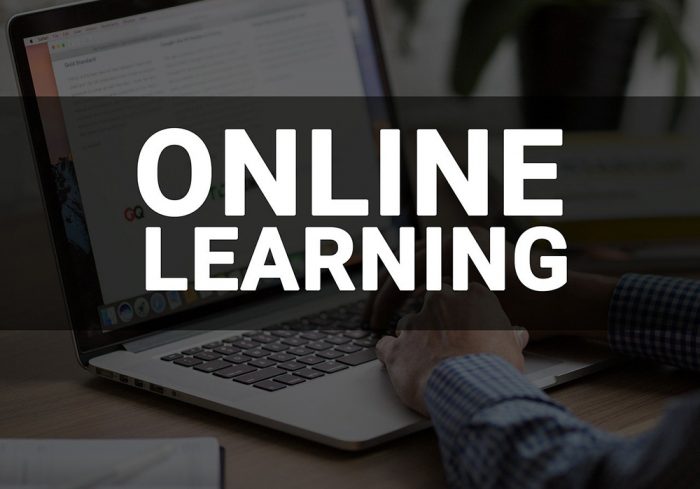The Centers for Medicare & Medicaid Services (CMS) announced the availability of $500 million in grants over the next five years to increase the number of organizations who help people enroll in health coverage through the Federally-Facilitated Marketplace (FFM) on HealthCare’s website. This is the largest funding allocation CMS has made available for Navigator grants to date. With the additional funding, CMS encourages eligible entities and individuals to apply, especially those that focus on education, outreach, and enrollment efforts to underserved and diverse communities.
Please read the the full announcement details and guidance below. If you have questions, please contact RCPA COO and Policy Director Jim Sharp.
What’s new for this year’s Navigator Notice of Funding Opportunity (NOFO)?
- Focuses on increased participation of smaller, community-based organizations as part of CMS efforts to reach people where they are.
- Provides longer multi-year grant funding.
- Shorter and easier to understand application.
Who can apply?
Eligible organizations may include but are not limited to community and consumer-focused nonprofit groups; trade, industry, and professional associations; commercial fishing industry organizations; ranching and farming organizations; chambers of commerce; unions; resource partners of the Small Business Administration; and non-healthcare licensed insurance agents and brokers. Such other entities may include but are not limited to Indian tribes, tribal organizations, urban Indian organizations, and state or local human service agencies.
How much funding is available through this funding opportunity?
CMS expects to award $500 million total over the five-year period of performance, provided in five budget periods of 12 months each; $100 million is available for the first 12-month budget period.
Will there be technical assistance available for applicants?
CMS will hold two technical assistance sessions for potential applicants. These sessions will provide applicants with an overview of this project, relay budget guidance, and review the instructions for applying outlined in the 2024 Navigator funding opportunity. Applicants are encouraged to submit questions in advance of each session to CMS via email.
Technical Assistance Session #1
Technical Assistance Session #2
What is the deadline to submit an application for the NOFO?
Applications must be submitted by July 8, 2024 at 11:59pm ET. You must submit your application through the Grants website. Grants.gov creates a date and time record when it receives the application. If you submit the same application more than once, we will accept the last on-time submission.
For instructions on how to submit in Grants.gov, see the Quick Start Guide for Applicants.
Can my organization help promote the NOFO?
CMS encourages partners to share this listserv with your networks and to use the below social media and attached graphics on your social accounts.
- CMS has announced $500 million in grants over the next 5 years for Navigator programs, as part of the continued efforts to connect people to the ACA Marketplace and other health coverage options. Learn more.
- CMS has announced $500 million in grants over the next 5 years for Navigator programs, as part of the continued efforts to connect people to the ACA Marketplace and other health coverage options. These awards mark the first time the grants have been awarded for a period of more than three years of funding, allowing grantees to better retain and add more staff who are trained to help consumers find affordable, comprehensive health coverage.
For more information about the Navigator NOFO, visit the links below:

















